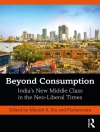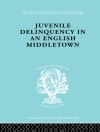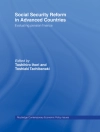In Africa many of the refugee flows in recent years have had a strong ethnic dimension; interethnic conflict or conflict between politically powerful groups with minority populations is often an important aspect of whois forced to flee. In most cases the origins of conflict occur in a multiethnic environment, and repatriation (if it happens) occurs in that multiethnic context, with implications for subsequent relationships between the groups in terms of political, economic, and numeric power. As the primary source of recruitment to a population, fertility is an essential component ofpostconflict restructuring. The disruption of fertility during the disorder of forced migration can itself be seen as part of the disintegration of society and identity; the impact of conflict and flight on reproduction may be an important indicator of the degree of crisis faced by the population. Postcrisis fertility and changes from the reproductive regime prior to the forced migration indicate not only how the population has responded to the multiplicity of changes and traumas, but also its ability to adapt and manipulate its new sociopolitical position. This report focuses onthe specific experience of a single persecuted population whose sociopolitical history, along with their underlying marital and fertility regimes, will inevitably condition responses to conflict.
Committee on Population & National Research Council
Fertility of Malian Tamasheq Repatriated Refugees [EPUB ebook]
The Impact of Forced Migration
Fertility of Malian Tamasheq Repatriated Refugees [EPUB ebook]
The Impact of Forced Migration
Придбайте цю електронну книгу та отримайте ще 1 БЕЗКОШТОВНО!
Мова Англійська ● Формат EPUB ● Сторінки 62 ● ISBN 9780309182348 ● Видавець National Academies Press ● Опубліковано 2004 ● Завантажувані 3 разів ● Валюта EUR ● Посвідчення особи 7143212 ● Захист від копіювання Adobe DRM
Потрібен читач електронних книг, що підтримує DRM












